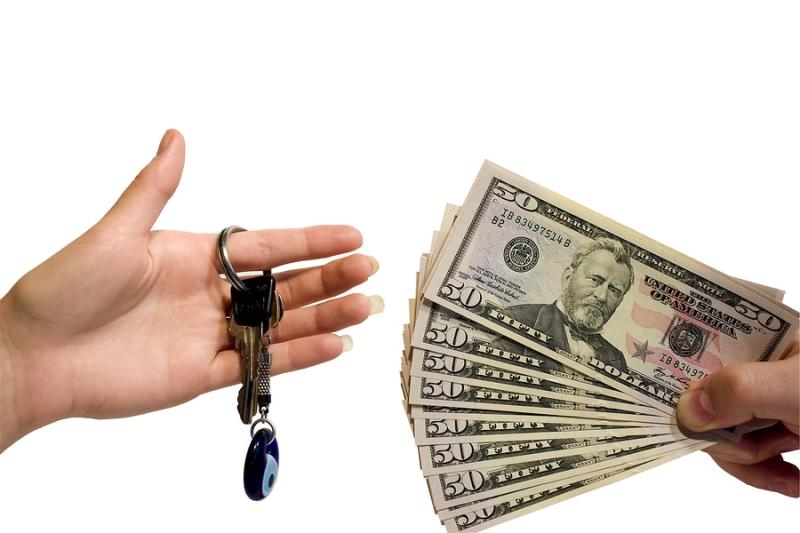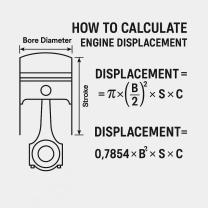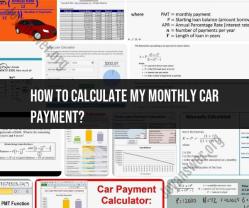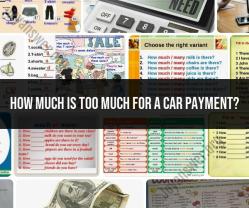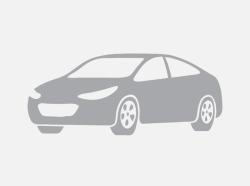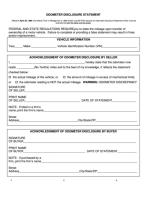Do car dealerships prefer cash or finance?
Car dealerships typically prefer customers who finance their car purchases over those who pay with cash or a lump sum. There are several reasons for this preference:
Profit Margins: When customers finance a vehicle, the dealership often makes money not just from selling the car but also from the financing arrangements. Dealerships work with banks and financial institutions to facilitate car loans. They may receive a commission or a percentage of the interest paid by the customer on the loan.
Sales Commissions: Salespeople at car dealerships often earn commissions based on the total sale price of the vehicle. When a customer finances a car, the total sale price is higher because it includes interest on the loan. This means higher commissions for the salesperson.
Incentives from Manufacturers: Car manufacturers sometimes offer dealerships incentives and bonuses for meeting sales targets or financing goals. These incentives can be more readily achieved when customers finance, as it boosts the overall sale value.
Customer Loyalty: Financing can also foster customer loyalty. Dealerships aim to build long-term relationships with customers, and offering attractive financing options is one way to do this. Customers who finance may return to the same dealership for service, maintenance, and future vehicle purchases.
Inventory Turnover: Dealerships prefer to sell cars regularly and quickly to maintain their cash flow and keep their inventory fresh. When customers pay with cash, it can lead to slower inventory turnover, as the dealership doesn't have the opportunity to make money from financing or the sale of ancillary products.
However, there are scenarios where cash payments may be preferred by dealerships or offer benefits to customers:
Negotiation Leverage: Paying with cash can sometimes give you more negotiating leverage when purchasing a vehicle. Dealerships may be willing to offer a lower price to close a cash deal.
Avoiding Interest: Cash buyers don't incur interest charges associated with financing, which can result in lower overall costs for the vehicle.
Simplicity and Transparency: Cash transactions are generally simpler and more transparent. There are no loan terms, interest rates, or monthly payments to worry about.
Ultimately, whether to pay with cash or finance your car purchase depends on your financial situation, preferences, and the terms and conditions offered by the dealership and financing institutions. It's a good idea to explore both options, compare the terms, and choose the one that best aligns with your needs and goals when buying a vehicle.
Cash vs. Financing at Car Dealerships: Pros and Cons
Purchasing a car often involves a significant financial decision, and the choice between paying in cash or financing through the dealership can have a substantial impact on your overall expenses and financial situation.
Cash Payment:
Pros:
Lower overall cost: Paying in cash eliminates the need for interest payments, which can significantly reduce the total cost of the car.
Ownership and freedom from debt: Owning the car outright provides immediate ownership and eliminates monthly loan payments.
Stronger negotiating position: Paying in cash can give you a stronger negotiating position with the dealer, potentially leading to a lower purchase price.
Cons:
Tie-up of cash reserves: Using a significant amount of cash may limit your access to funds for other financial needs or emergencies.
Opportunity cost: Investing the cash instead of using it to purchase the car could potentially yield higher returns over time.
Financing:
Pros:
Spreads out the cost: Financing allows you to purchase a car without depleting your cash reserves and provides flexibility in managing monthly payments.
Builds credit history: Making timely payments on a car loan can help build and improve your credit score.
Potential tax benefits: Depending on your tax situation, you may be eligible to deduct interest paid on car loans.
Cons:
Higher overall cost: Interest payments increase the total cost of the car compared to paying in cash.
Potential for financial stress: If your financial situation changes, making monthly payments could become a burden.
Risk of depreciation: The car's value may depreciate faster than you pay off the loan, potentially leaving you with negative equity.
Car Dealership Payments: Cash or Finance Options?
The decision to pay cash or finance a car depends on your individual financial circumstances, risk tolerance, and long-term goals. Here are some factors to consider:
Cash flow: If you have the cash available and can comfortably afford the car without jeopardizing other financial obligations, paying in cash may be the most cost-effective option.
Credit score: If you have a good credit score, you may qualify for favorable interest rates on car loans, which can make financing more attractive.
Investment goals: If you have investment goals or need to conserve cash for other purposes, financing may allow you to spread out the cost and invest your funds elsewhere.
Making the Right Payment Choice at the Dealership
When considering financing through the dealership, it's crucial to compare interest rates, loan terms, and any additional fees or charges offered by the dealer. You may also want to consider obtaining pre-approval from a bank or credit union to compare rates and have a negotiating point with the dealer.
Ultimately, the decision to pay cash or finance a car should be based on a careful assessment of your financial situation, risk tolerance, and long-term financial plans. Consider seeking guidance from a financial advisor or credit counselor if you need assistance in making an informed decision.
